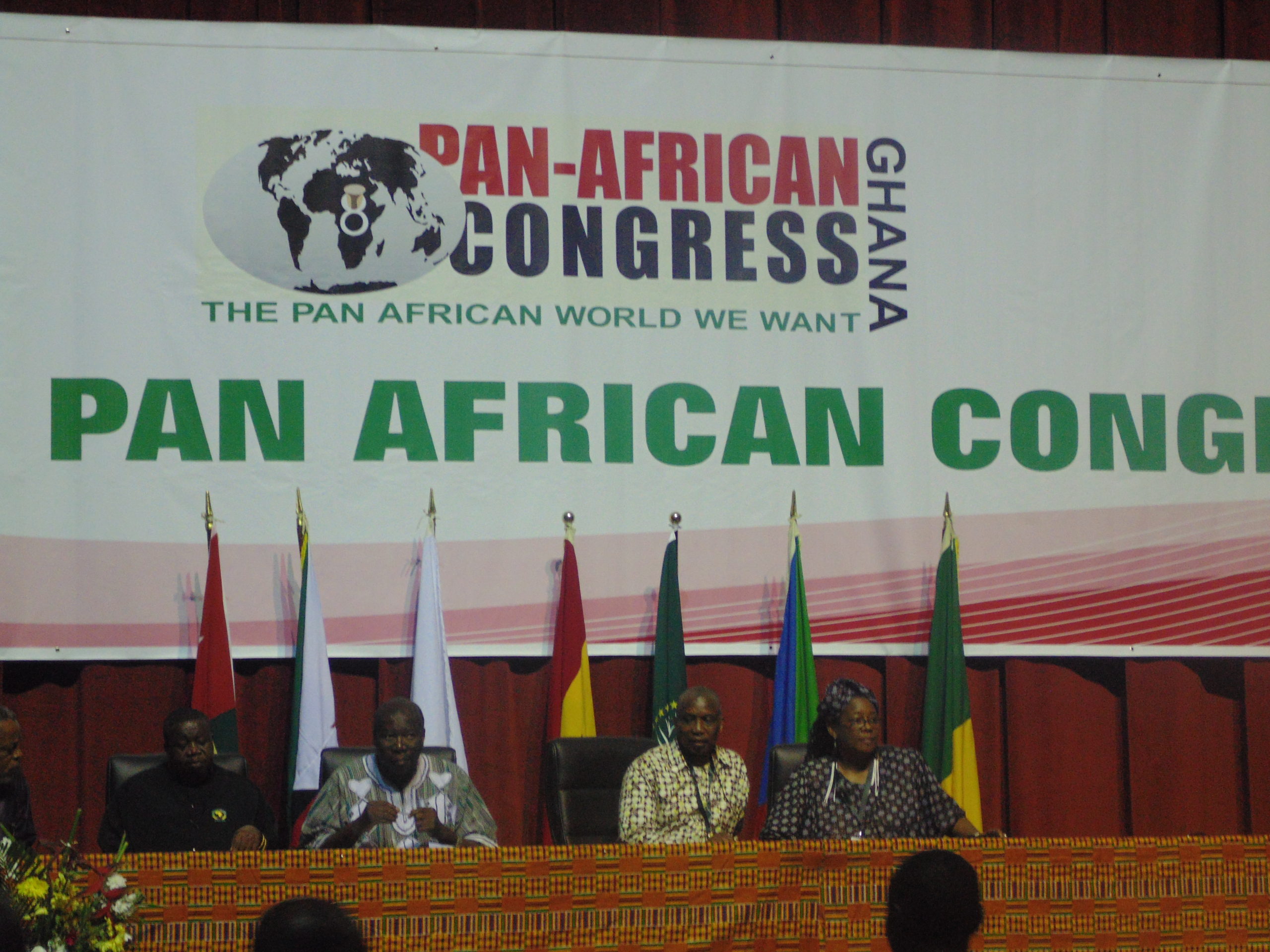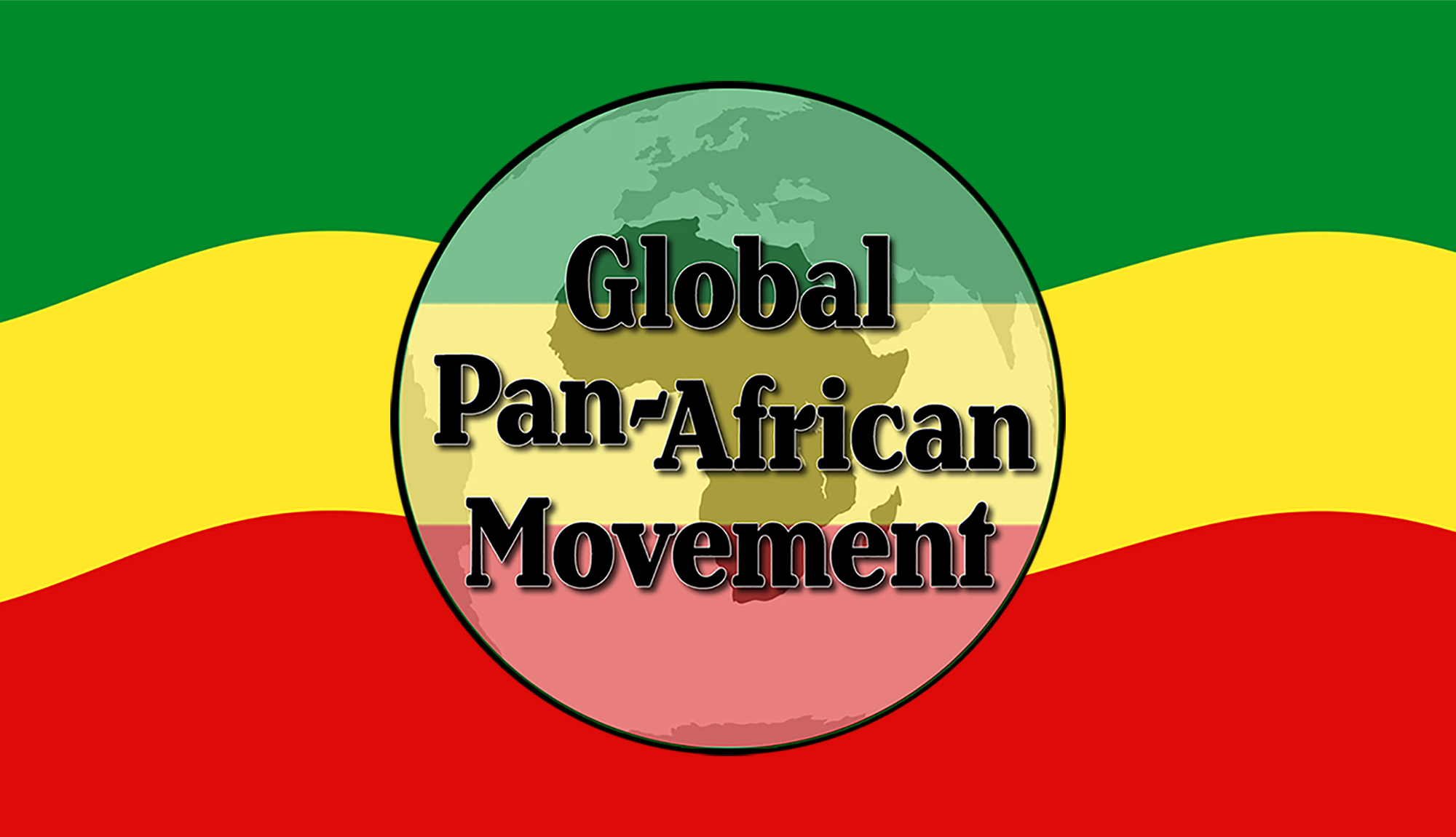
For Mandela and the ANC, Yasser Arafat and the Palestinians were “comrades in arms” and they supported their struggle against the Israeli state – both armed and unarmed.
The comradeship between the two struggles was highlighted by Mandela, just sixteen days after he was released from 27 long years in prison in 1990. In February 1990, Mandela met with Yasser Arafat in Lusaka in Zambia. At Lusaka airport, Mandela embraced Arafat and reiterated his support for the Palestine Liberation Organization and the Palestinian struggle telling the media that Arafat was “fighting against a unique form of colonialism and we wish him success in his struggle”. He went on to say, “I believe that there are many similarities between our struggle and that of the PLO” stating “We live under a unique form of colonialism in South Africa, as well as in Israel, and a lot flows from that.”
Eight months later, during his three day visit to Australia in October 1990, Mandela reiterated his support for the Palestinian struggle and the PLO saying: “We identify with them [the Palestinians] because we do not believe it is right for the Israeli government to suppress basic human rights in the conquered territories.”
Mandela told the Australian media, “We agree with the United Nations that international disputes should be settled by peaceful means. The belligerent attitude which is adopted by the Israeli government is to us unacceptable.”
He went on to tell the Australian media that the ANC did not consider the PLO a terrorist group, stating “If one has to refer to any of the parties as a terrorist state, one might refer to the Israeli government, because they are the people who are slaughtering defenseless and innocent Arabs in the occupied territories, and we don’t regard that as acceptable.”
In 1997, in a speech on the International Day of Solidarity with the Palestinian People, Mandela once again spoke in support of the Palestinian struggle stating “it behoves all South Africans, themselves erstwhile beneficiaries of generous international support, to stand up and be counted among those contributing actively to the cause of freedom and justice”. It was important, said Mandela, for South Africans “to add our own voice to the universal call for Palestinian self-determination and statehood” because “we know too well that our freedom is incomplete without the freedom of the Palestinians; without the resolution of conflicts in East Timor, the Sudan and other parts of the world”.
In 1997, in a speech on the International Day of Solidarity with the Palestinian People, Mandela once again spoke in support of the Palestinian struggle stating “it behoves all South Africans, themselves erstwhile beneficiaries of generous international support, to stand up and be counted among those contributing actively to the cause of freedom and justice”. It was important, said Mandela, for South Africans “to add our own voice to the universal call for Palestinian self-determination and statehood” because “we know too well that our freedom is incomplete without the freedom of the Palestinians; without the resolution of conflicts in East Timor, the Sudan and other parts of the world”.
In 1997, at an event to mark the UN’s day of Solidarity with the Palestinian people, Nelson Mandela said:
“The UN took a strong stand against apartheid; and over the years, an international consensus was built, which helped to bring an end to this iniquitous system. But we know too well that our freedom is incomplete without the freedom of the Palestinians.
“The temptation in our situation is to speak in muffled tones about an issue such as the right of the people of Palestine to a state of their own. We can easily be enticed to read reconciliation and fairness as meaning parity between justice and injustice. Having achieved our own freedom, we can fall into the trap of washing our hands of difficulties that others faces.”


